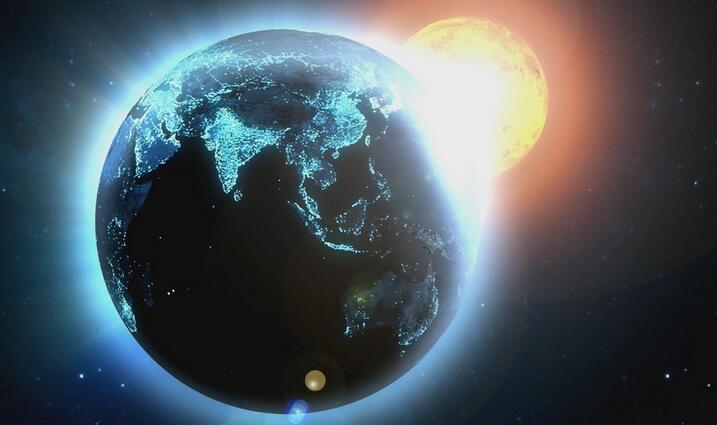(单词翻译:单击)
He had really only one flaw and that was an inability to calculate the correct age of the Earth. The question occupied much of the second half of his career, but he never came anywhere near getting it right. His first effort, in 1862 for an article in a popular magazine called Macmillan's, suggested that the Earth was 98 million years old, but cautiously allowed that the figure could be as low as 20 million years or as high as 400 million. With remarkable prudence he acknowledged that his calculations could be wrong if "sources now unknown to us are prepared in the great storehouse of creation"—but it was clear that he thought that unlikely.
他实际上只有一个瑕疵,那就是没能计算出地球的年龄。这个问题占去了他后半生的许多时间,但他从来没有得出个比较正确的数字。1862年,在为一本名叫《麦克米伦》的通俗杂志写的一篇文章里,他第一次提出地球的年龄是9800万年,但谨慎地认为这个数字最小可为2000万年,最大可达4亿年。他还小心翼翼地承认,他的计算可能是错的,要是"造物主的大仓库里备有我们目前没有掌握的资料"的话--但是,他显然认为那是不可能的。

With the passage of time Kelvin would become more forthright in his assertions and less correct. He continually revised his estimates downward, from a maximum of 400 million years, to 100 million years, to 50 million years, and finally, in 1897, to a mere 24 million years.
随着时间的过去,开尔文的结论变得越来越确切,越来越不正确。他不停地把自己的估计数字往下降,从最大的4亿年降到1亿年,然后又降到5000万年,最后在1897年降到了仅仅2400万年。
Kelvin wasn't being willful. It was simply that there was nothing in physics that could explain how a body the size of the Sun could burn continuously for more than a few tens of millions of years at most without exhausting its fuel. Therefore it followed that the Sun and its planets were relatively, but inescapably, youthful.
开尔文并不是在随心所欲,只是因为物理学无法解释为什么像太阳这么个庞然大物可以连续燃烧几千万年以上,而又耗不尽其燃料。因此,他就想当然地认为,太阳及其行星必然相对年轻。
The problem was that nearly all the fossil evidence contradicted this, and suddenly in the nineteenth century there was a lot of fossil evidence.
问题在于,几乎所有的化石都证明和这个结论相矛盾。而突然之间,19世纪发现了大量的化石。


